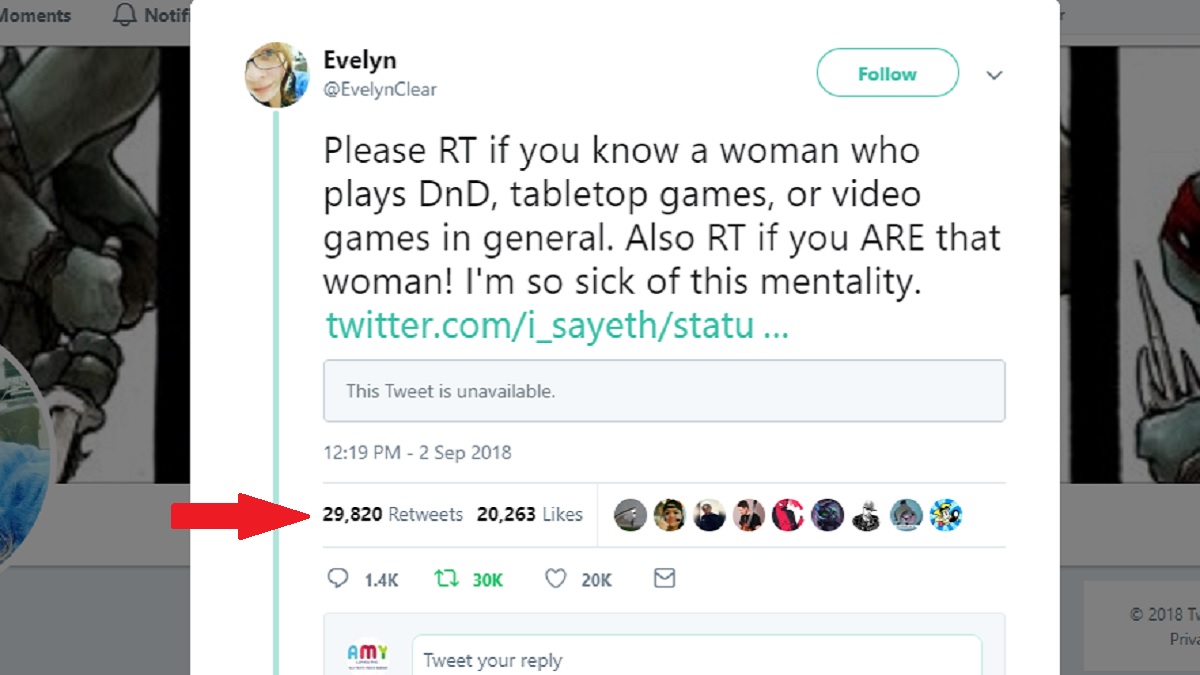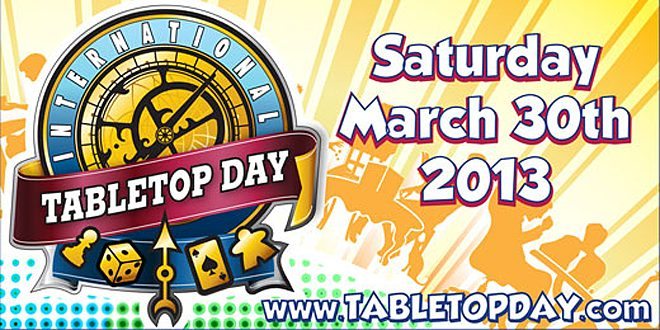
I saw two different “if you are a woman who likes nerdy things, please RT this” tweets in response to two different people claiming we don’t exist last week, and it got me thinking. I mean, probably the guys’ experience went like this: they had only guy friends who did all their nerdy stuff with them. They tried to hit on the “pretty” girls they knew, who thought they were nerdy—as did, probably, a lot of the guys around them too. Lots of guys don’t like nerdy stuff. Lots of girls do. The guys in question just made the mistake of hitting on girls they would not have been plain friends with. Maybe that’s my demisexuality talking, but I can’t imagine why anyone would want to date someone they wouldn’t be friends with, but these guys hadn’t considered being plain friends with girls. So they generalized this girls-think-I’m-a-nerd to all girls BECAUSE THEY DON’T KNOW ENOUGH GIRLS. It doesn’t matter how many male jocks pick on them for their nerdy pursuits because they know enough guys to know that #notallguys.
I kind of had the same problem, reversed, in elementary school: I didn’t like boys because they were mean to me. But girls were mean to me, too—in fact, I probably got worse bullying from girls—but I was a girl, and I had friends who were girls, so I knew that “girls” were not a monolith.
This is why ALL stereotypes take root. Because we don’t know enough people of one category, we assume all people of that category must be like the ones we HAVE encountered, or simply heard about from possibly biased sources.
But “you need new/more friends” is easier said than done. Before the internet, for one thing, we were pretty much tethered by our immediate surroundings. I grew up in a very rural community in Pennsylvania where the majority of people had lived for generations, an area that was relatively poor, somewhat redneck, and very, very white. I was in sixth grade before I had a nonwhite friend, not because I avoided nonwhites, but because I simply never encountered any to befriend before that.* She was an Indian immigrant whose family moved out of our community after one year because they felt like outcasts there. They moved closer to the city, into a much more diverse community, and by all reports were much happier there, but SERIOUSLY, that’s the kind of community we lived in. My parents grew up in the city, and that was enough to make us feel slightly misplaced in this area.
The other day I heard a radio DJ introduce John Mellencamp’s “Small Town” with, “that’s a song we can all relate to around here. Lots of small towns in this area.” I scoffed aloud. I had ALWAYS side-eyed that song, growing up in my tiny town. “…Where people let me be just what I want to be,” he sang. What kind of small town was THAT? Not the one I knew, and I was just an awkward nerd girl who otherwise matched the demographic. Ask my best friend some time about growing up LGBT in our community. The only reason people in your small town let you be just what you want to be, Mr. Mellencamp, is because you already are just like them.
My point is, our communities tend to be all we know. Most people just can’t up and find new friends who can broaden their horizons. And some of us have severe social anxiety and the thought of going out of our way to make friends is equivalent to going out tomorrow to climb Everest.
There are, of course, ways around it. For me, my horizons were broadened by reading lots and lots of books (plus it might have helped that my parents were from the city, so I knew the city wasn’t the crime-ridden wasteland many people in our area seemed to believe it was).
And now we have social media. In my past eight years on Twitter, I have had so many unconscious assumptions challenged. It can be as simple as learning to appreciate something you’d never paid attention to before because someone you follow geeks out about it, as gently enlightening as following the day to day lives of real people who live in different countries, or as paradigm-shaking as watching the protests in Ferguson, Missouri unfold live on your timeline and suddenly understanding what nonwhites have been trying to tell us about police and media bias all along.** You don’t even realize some of the stereotypes you hold until they get smashed before your eyes. “Oh, Mormons,” you’d thought in the back of your head, “they’re backwards misogynistic polygamist cultists, right?” and then you start following Shannon Hale (who is the very opposite, if you don’t bother to click through and experience her for yourself, but why aren’t you, because Shannon Hale is the greatest), or you do a double-take when you realize the absolutely universal Honest Toddler account is run by a Nigerian-Canadian with a name like Bunmi Laditan, but why shouldn’t she? I’ve been waking up on Twitter, and I didn’t even realize I was asleep.
But there’s a catch. You could just as easily use social media to close yourself off. You could follow only people who say things you agree with. Instead of challenging your assumptions, you let others who think the way you’ve always thought reinforce your assumptions. You’ve found people like you, and now it’s People Like You Against the World.
So you’ve got more friends. They’re just more of the same.
If you can’t make new friends who broaden your horizons, even on the internet, there is still one thing you can do: listen and believe. If someone expresses an aspect of themselves that doesn’t fit into the paradigm you’ve constructed about People Like Them, accept it. They’re telling you the truth as they see it. Maybe they don’t have the whole story either, but they have at least one part of the story that you don’t: their story. So listen. The more stories you hear, the more you will grow. And you could even make a new friend that you never expected.
*It was a year later before I started eating lunch with one of the two African-American girls in our grade. She’d been there all along, and still lives in that community today, we’d just never had any classes together to meet before we joined a mutual friend at that lunch table. According to her, pretty much every black kid in the district was related: one extended family who decided they were sticking around no matter how white everyone else was. In the three decades since, the community has gotten a little more diverse, but not by much.
**Specific example is specific. That really was an eye-opening moment for this sheltered rural white girl.

